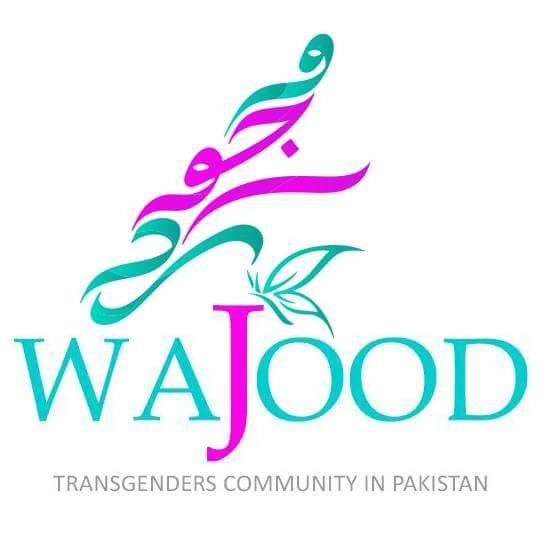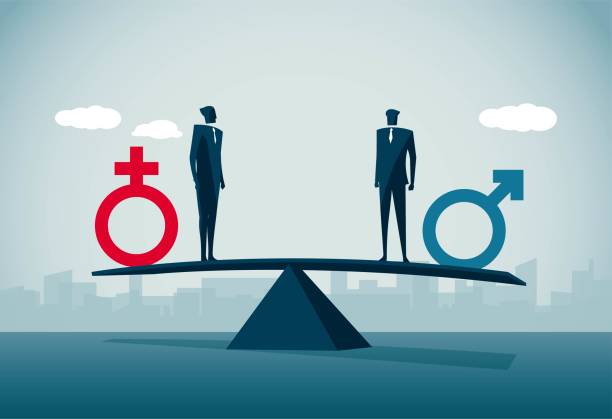The Legal Rights of Transgender People in Pakistan: What You Need to Know
Transgender people in Pakistan face significant legal challenges despite recent advancements. In 2018, the Transgender Persons (Protection of Rights) Act was passed, granting legal recognition, protection from discrimination, and rights to healthcare, education, and employment. However, societal attitudes and implementation issues still pose barriers. This article explores the legal rights of transgender people in Pakistan and what needs to change.
Transgender National Identity Cards in Pakistan: The Legal Process and Challenges
In Pakistan, obtaining a Computerized National Identity Card (CNIC) is a crucial step for any citizen to access various services, including healthcare, voting rights, and government support. For transgender individuals, the process of obtaining a CNIC that reflects their self-identified gender has become a fundamental legal right under the Transgender Persons (Protection of Rights) Act, 2018. This law allows transgender people to self-identify their gender on official documents, including the CNIC. However, despite the legal framework, many transgender individuals in Pakistan still face significant challenges in accessing this right.
The Process for Obtaining a Transgender CNIC
The process for obtaining a transgender CNIC begins with the submission of an application to the National Database and Registration Authority (NADRA). Transgender applicants must provide proof of their gender identity, which can include medical certificates or affidavits from family or community members, depending on the case. Once NADRA receives the application, the applicant’s gender is recorded as “transgender” on the CNIC, allowing for recognition of their self-identified gender.
Challenges in the CNIC Process
Despite the legal recognition granted by the Transgender Persons Act, many transgender individuals face significant barriers in obtaining their CNICs:
- Lack of Awareness: Many NADRA officials are not fully informed about the legal rights of transgender individuals, leading to delays, errors, or outright rejection of applications.
- Third-Party Validation: The requirement for affidavits or medical documentation often poses a challenge for transgender individuals who may not have supportive family or community members, complicating the process further.
- Harassment and Stigma: Transgender applicants frequently face harassment and discrimination during the CNIC application process, discouraging many from pursuing it altogether.
The Importance of Legal Recognition for Transgender People
Obtaining a CNIC that reflects a transgender individual’s self-identified gender is crucial for accessing essential services, such as healthcare, education, and legal protection. It also helps to ensure social inclusion and recognition of their rights.
Moving Forward: Advocacy and Education
While the legal framework is in place, there is still much work to be done to ensure that transgender individuals can access their CNICs without facing discrimination or unnecessary hurdles. Continued advocacy, awareness campaigns, and streamlined procedures are essential for ensuring that transgender individuals can fully enjoy their legal rights in Pakistan.

Legal Recognition of Gender Identity in Pakistan
Right to Self-Identify Gender
- The Transgender Persons (Protection of Rights) Act, 2018 grants transgender individuals the right to self-identify their gender on official documents.
- This legal right allows transgender people to have their gender identity recognized on national identity cards, passports, and other governmental records.
Implications of Legal Recognition
- Social Impact: The legal right has led to greater visibility and acknowledgment of transgender people in Pakistani society, reducing the stigma and discrimination they face.
- Legal Protections: Transgender individuals can now access legal protections under the law, including rights to inheritance, healthcare, and education, which were previously denied.
Barriers to Full Implementation
Despite the law, many transgender people still face challenges in having their gender identity recognized due to societal norms and bureaucratic inefficiencies.
Issues such as harassment during documentation processes and lack of awareness among officials continue to hinder full legal recognition.
Positive Shifts in Society
The law has sparked conversations about transgender rights, creating opportunities for policy reforms, activism, and advocacy for better inclusion of transgender people in social, economic, and political spheres.
Transgender Persons and Inheritance Rights
In Pakistan, the Transgender Persons (Protection of Rights) Act, 2018 provides legal recognition for transgender individuals, but the issue of inheritance and property rights remains complex. The law affirms that transgender people have the right to inheritance, but societal attitudes and traditional norms often create obstacles in claiming these rights.
Discrimination in inheritance disputes, especially within families, can result in transgender individuals being denied their rightful share of property. While the legal framework exists, the enforcement of these rights remains inconsistent, and transgender people continue to face significant challenges in securing inheritance and property entitlements without societal resistance.
Healthcare and Employment Rights for Transgender People in Pakistan: Legal Protections and Challenges
In Pakistan, transgender individuals face unique challenges related to healthcare and employment despite the Transgender Persons (Protection of Rights) Act, 2018. The law grants transgender people several legal rights, but societal attitudes and implementation gaps often hinder access to essential services and opportunities.

Healthcare Rights for Transgender People
Gender-Affirming Healthcare
- Transgender people in Pakistan are legally entitled to access gender-affirming healthcare, including hormone therapy and gender-affirming surgeries.
- Mental health services are also a crucial part of the legal protections, ensuring transgender individuals receive necessary psychological support.
- Challenges in Healthcare Access:
- Despite the legal framework, access to these services remains limited due to lack of trained healthcare providers, stigmatization, and financial barriers.
- Many transgender individuals face discrimination within healthcare settings, discouraging them from seeking the treatment they need.
Employment Rights and Anti-Discrimination Protections
- Legal Protections Against Discrimination:
- The law mandates equal employment opportunities for transgender individuals and provides legal protection against workplace discrimination based on gender identity.
- Barriers in Employment:
- Workplace discrimination continues to be a significant issue, as many transgender people face stigma and harassment in the workplace, often leading to job insecurity or unemployment.
- Lack of inclusive policies within organizations, and limited awareness about transgender rights, further exacerbates employment challenges.
Promoting Equal Rights and Opportunities
- Legal Reforms and Advocacy:
- While the legal framework exists, implementation gaps remain. Advocacy groups are working to ensure better enforcement of healthcare rights and anti-discrimination policies in the workplace.
- Awareness campaigns and training for employers are essential to promoting greater acceptance and inclusion of transgender people in healthcare settings and the workplace.
Challenges in Enforcement of Transgender Rights in Pakistan
- Societal Attitudes: Deep-rooted stigma and discrimination against transgender individuals affect their ability to access legal rights.
- Lack of Awareness: Limited awareness of transgender rights among the public and authorities leads to denial or ignorance of legal protections.
- Bureaucratic Hurdles: Complicated paperwork, delays, and insensitive officials hinder the smooth implementation of transgender rights.
- Harassment and Violence: Transgender individuals often face harassment and violence, deterring them from seeking legal recourse.
- Inconsistent Legal Enforcement: Inconsistent application of the law creates barriers to full recognition and protection of transgender individuals’ rights.
The Role of NGOs and Activists in Advancing Legal Rights for Transgender People
In Pakistan, several local and international NGOs play a critical role in advocating for the legal rights of transgender people, raising awareness, and ensuring better protection against discrimination. Wajood Society, a prominent organization in Pakistan, is dedicated to improving the lives of transgender individuals by providing legal support, healthcare access, and education. Their efforts have been crucial in empowering transgender communities and advocating for the enforcement of the Transgender Persons (Protection of Rights) Act, 2018.
a. Activism and Advocacy for Legal Reforms
Activists within organizations like Wajood Society are at the forefront of raising public awareness about transgender rights, including the right to self-identify, access to healthcare, and legal recognition. They organize awareness campaigns and workshops to educate both the transgender community and the general public about their legal rights.
b. Promoting Policy Change
In addition to raising awareness, these activists lobby for legal reforms to improve the lives of transgender people. They work closely with lawmakers, advocating for policy changes that protect transgender individuals from discrimination in areas such as employment, education, and inheritance.
Through continuous efforts, NGOs like Wajood Society are creating a more inclusive environment, pushing for policies that recognize and protect the rights of transgender people across Pakistan.
Conclusion
The future of transgender rights in Pakistan looks promising with ongoing legal reforms and advocacy efforts aimed at improving protections for transgender people. Organizations like Wajood Society and various activists continue to push for more inclusive policies and better enforcement of existing laws.
Potential legal reforms may include expanding protections in employment, healthcare, and family law, addressing gaps in enforcement, and ensuring the transgender community’s rights are fully realized. With continuous advocacy and awareness campaigns, Pakistan can pave the way for a more inclusive society where transgender people are respected, protected, and empowered to live freely.
Author








